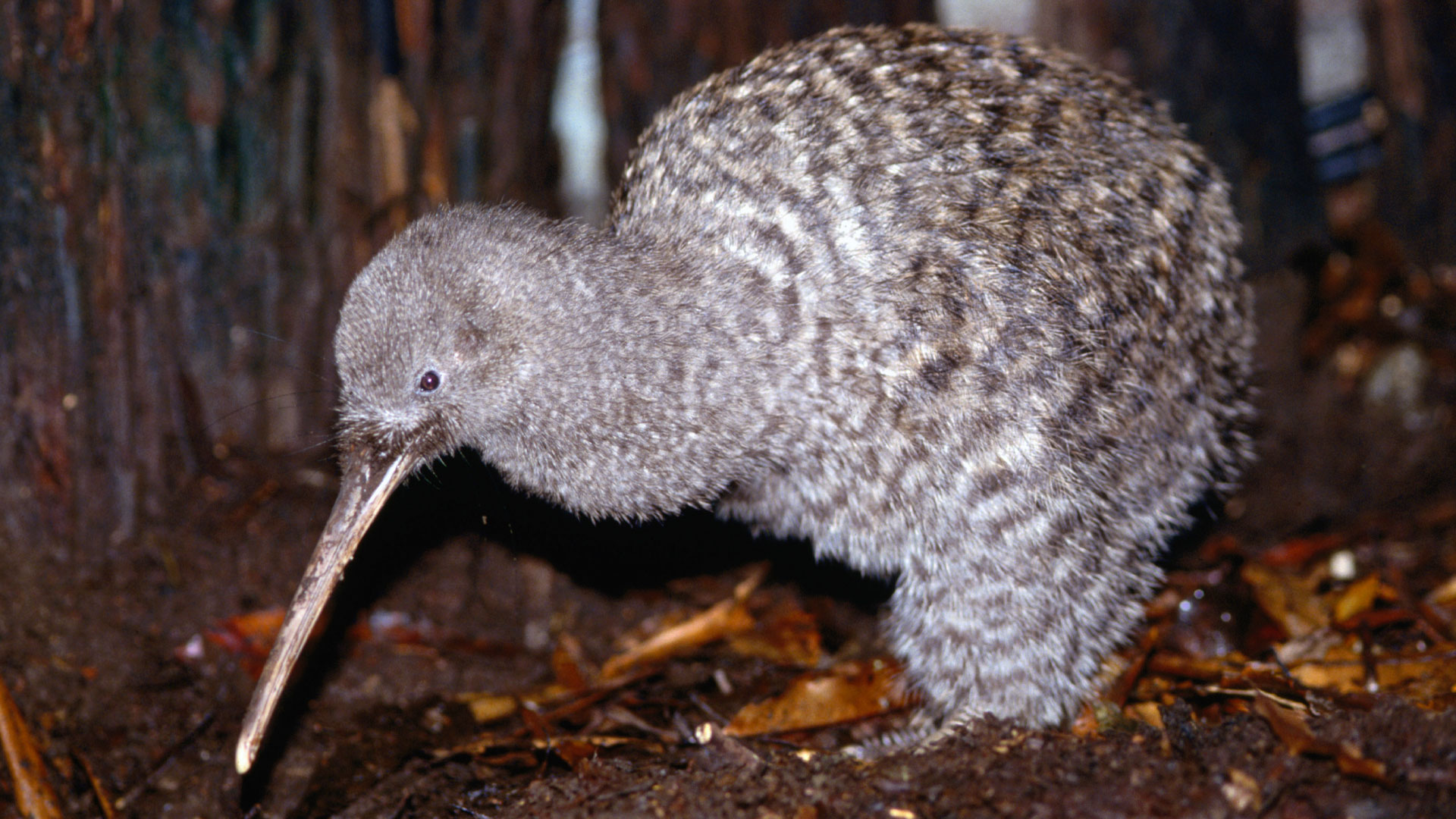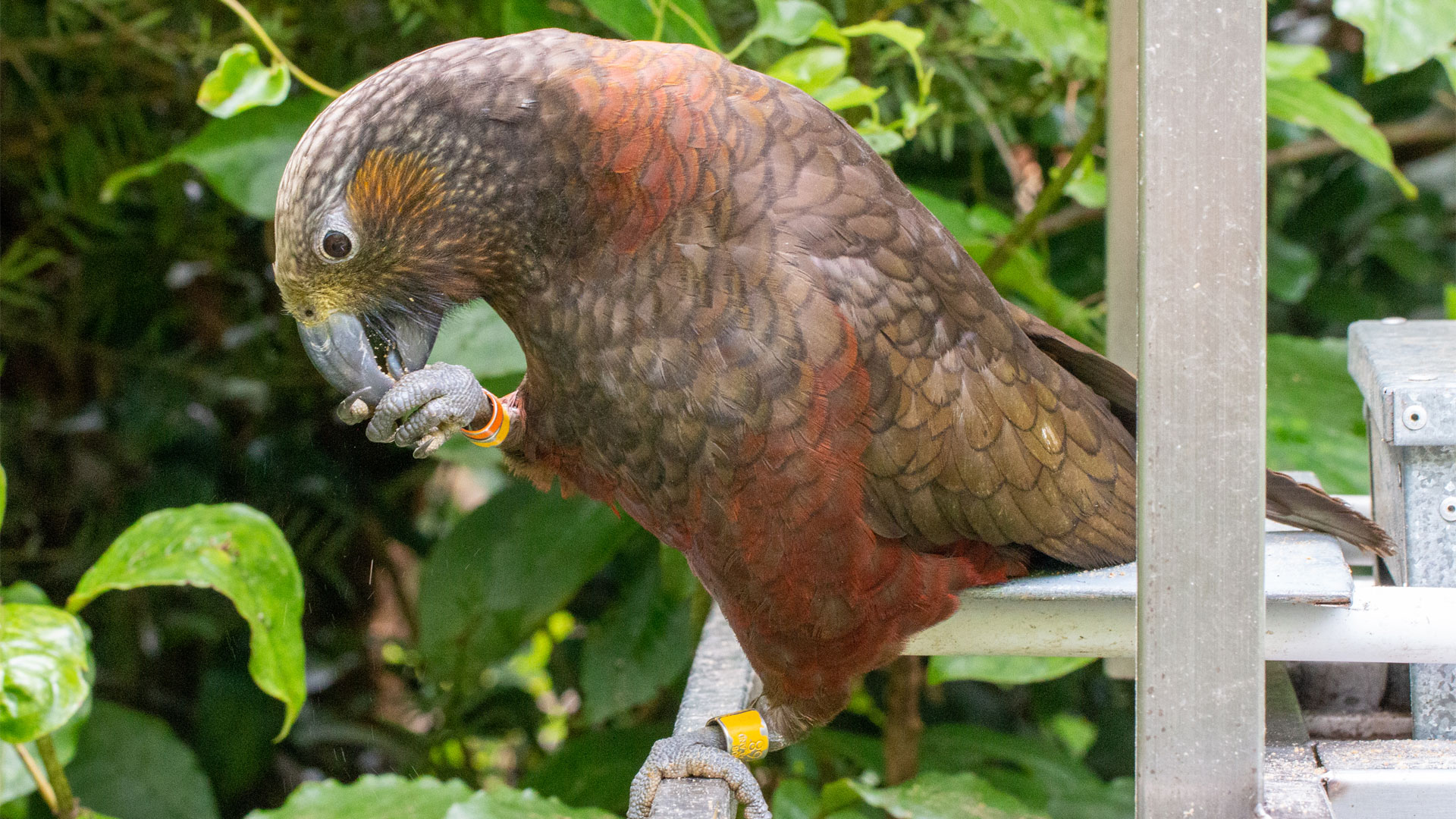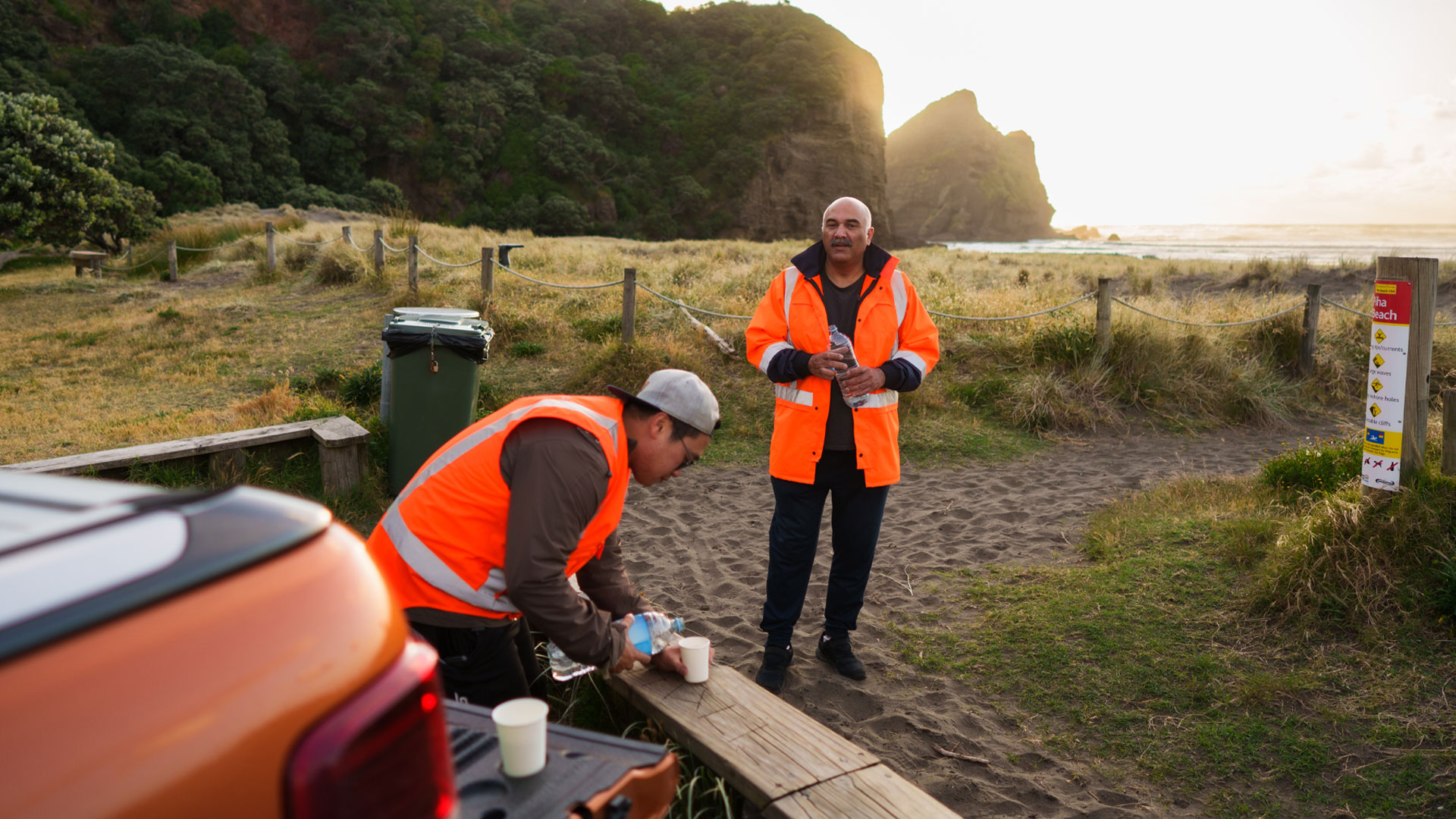Careers advice
4 great options for conservation jobs in NZ
These roles really make a difference.
Last updated: 25 March 2024
The planet, and the animals and plants that inhabit it, have never needed our help more. So, if you feel an affinity for nature, and want to do your bit to help protect it, you might well be interested in what options are out there for conservation jobs in Aotearoa.
Not only is conserving nature something many of us feel a calling to do, it’s also important for NZ for economic reasons. Tourism is our country’s biggest single earner, and many of those tourists come here to enjoy the spectacular scenery, and the weird and wonderful animals and plants that call it home. So, for all those reasons, there’s plenty of need for people working in conservation.
So, here are some of your best options.
1. The Department of Conservation
Okay, we’ll start with the obvious one. The Department of Conservation is the largest single employer of conservation staff in the country, with roles of many different types dotted throughout the country.
Of course, as a government department, the head office is in Wellington. And here, in particular, you’ll find a lot of policy based positions as well as roles aimed at coordinating operations throughout the rest of Aotearoa.
In addition to policy jobs, the other DOC jobs you’ll commonly come across are:
- Ranger roles: this is the bread and butter of working for DOC. DOC ranger jobs vary from community rangers, who interact with local groups as well as mana whenua, to biodiversity rangers, who specialise in flora and fauna, to seasonal rangers, who help out during the busiest parts of the year.
- Operations roles: DOC has a lot of ops based positions that allow the organisation to run smoothly, This includes everything from IT support to boat and truck maintenance. So, if you have highly specialised skills that you want to put to work in the name of conservation, this could be the perfect fit.
- Technical advisors: these are the folks who see that science is put into action in order to protect our native animals and plants. They often have a specialised knowledge background that allows them to provide advice and instructions in key areas.
Want to work with our amazing native species?
2. Eco-sanctuaries
As we’ve already alluded to, lots of people come to our country specifically to get the opportunity to see animals and plants that simply can’t be found elsewhere. So, as part of a joint project to protect our native species, and to allow people to interact with them and engage with their protection, NZ is home to several eco-sanctuaries where real conservation work goes hand-in-hand with tourism.
Some of the most well-known include Zealandia Te Māra a Tāne in Wellington, The Brook Waimarama Sanctuary in Nelson and Sanctuary Mountain Maungatautari near Hamilton. Due to the emphasis on taonga (treasured) species in these places, and their active conservation missions, they employ rangers to ensure the wellbeing of the wildlife populations.
You’ll also find guiding roles in many of these types of sanctuaries, which also play an important role in conservation because they’re about spreading the word about the threats to our native species, and what needs to be done to preserve them.
Conservation jobs will get you out into some of the country's most beautiful places.
3. Local and regional councils
While DOC plays a core conservation role through our central government, councils take on a lot of the mahi at a local scale. This means you’ll often find conservation based jobs listed with local councils throughout the country.
Depending on the specific city or regional council you’re looking at will have a large influence on the types of conservation role that you might be able to find. For example, if you’re interested in working in high country environments, the areas around Tongariro might be a good option. Whereas, you’ll find decent freshwater ecosystem management conservation jobs in parts of the country in parts of the country with large river systems, such as the Canterbury plains.
4. Independent conservation organisations
These come in a number of shapes and sizes, but perhaps the most well-known is Forest & Bird. Like DOC, it has offices throughout the country, and its primary purpose is to advocate for the protection of Aotearoa’s animals, plants and landscapes. One of the ways it does this is through its famous magazine, which aims to highlight contemporary conservation issues, but it also runs a range of programs to put this advocacy into action. For example, Places for Penguins is a monitoring program for little blue penguins in Wellington, and while it relies mainly on volunteers, there are Forest & Bird staff employed to coordinate it.
There are also a variety of conservation-based consultancies in NZ that assist businesses and larger agencies with any conservation related requirements they have. For example, if there’s a construction project planned, and there’s an environmental impact assessment that needs to be completed, the business responsible for the project might call on one of these consultancies to conduct that assessment. While there might be a little less fieldwork involved in such work, consultancy positions tend to be among the more high paying conservation jobs out there.
Author
Other articles you might like



